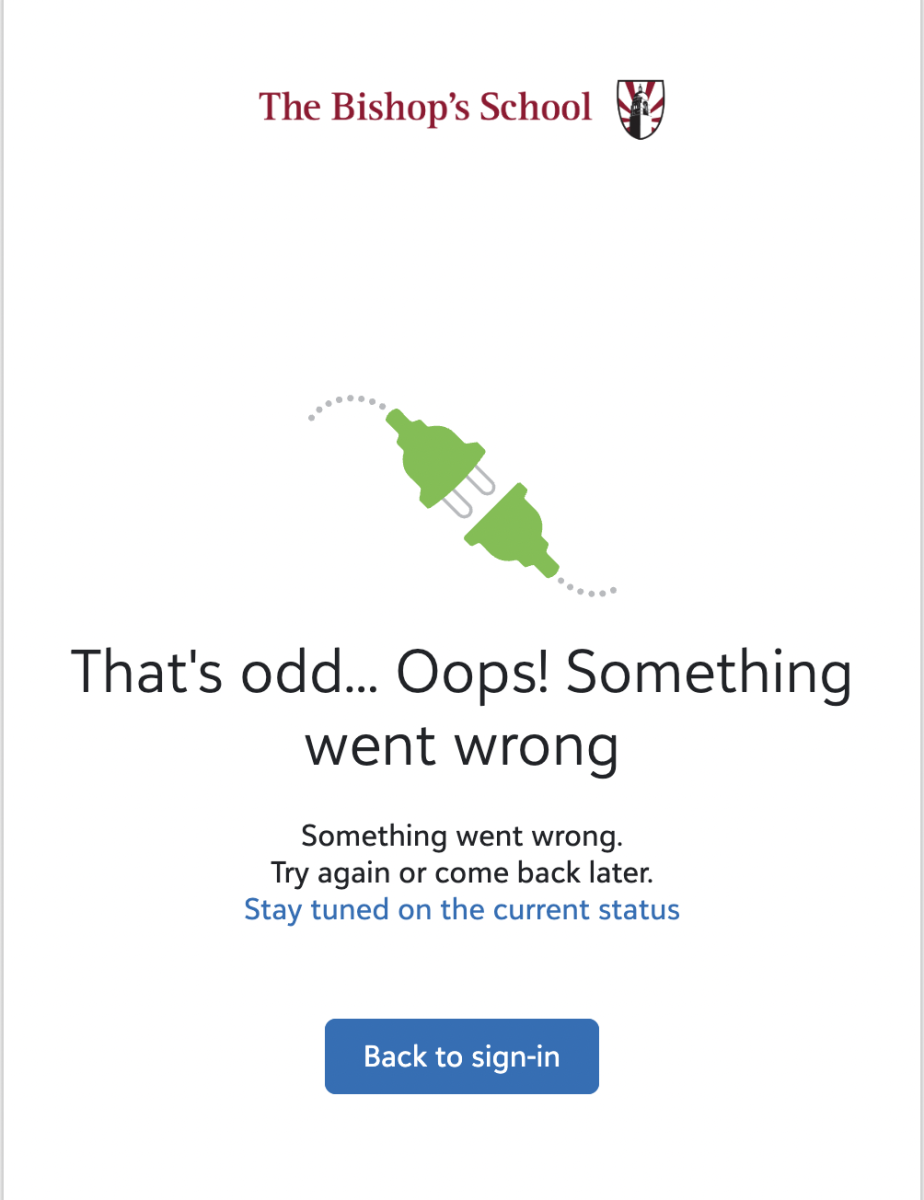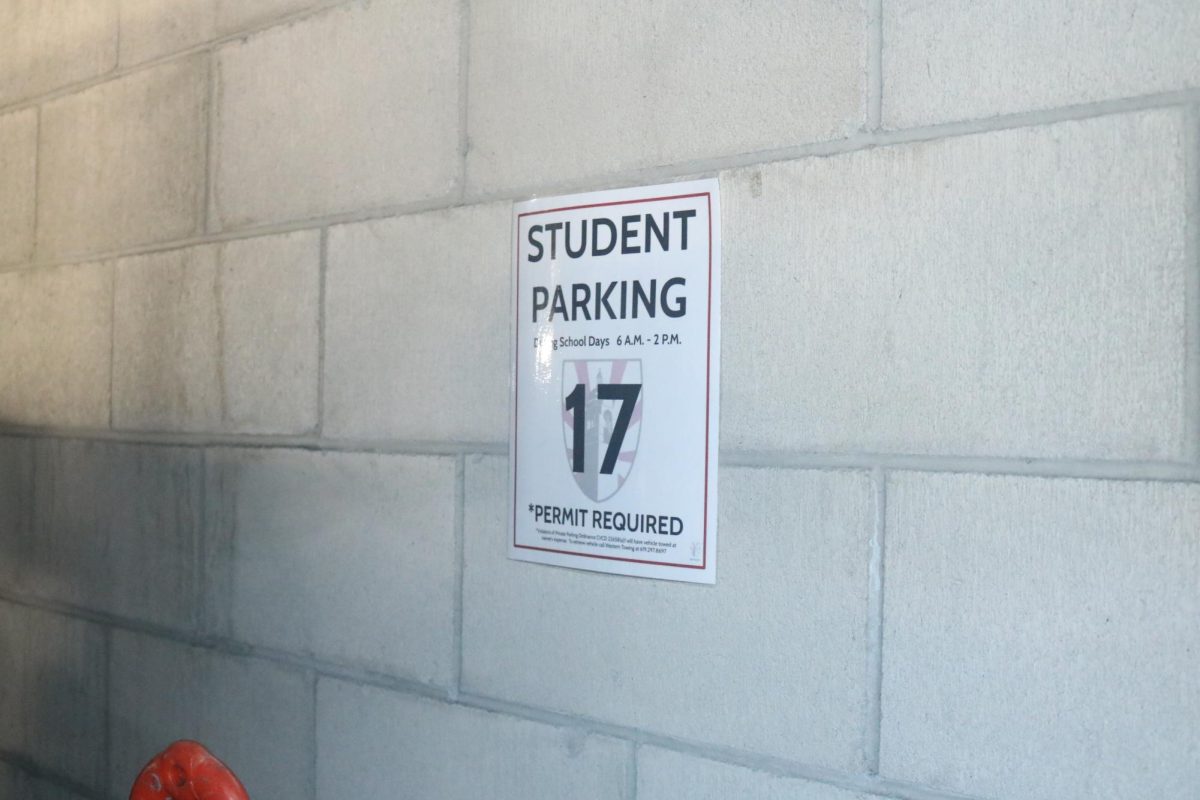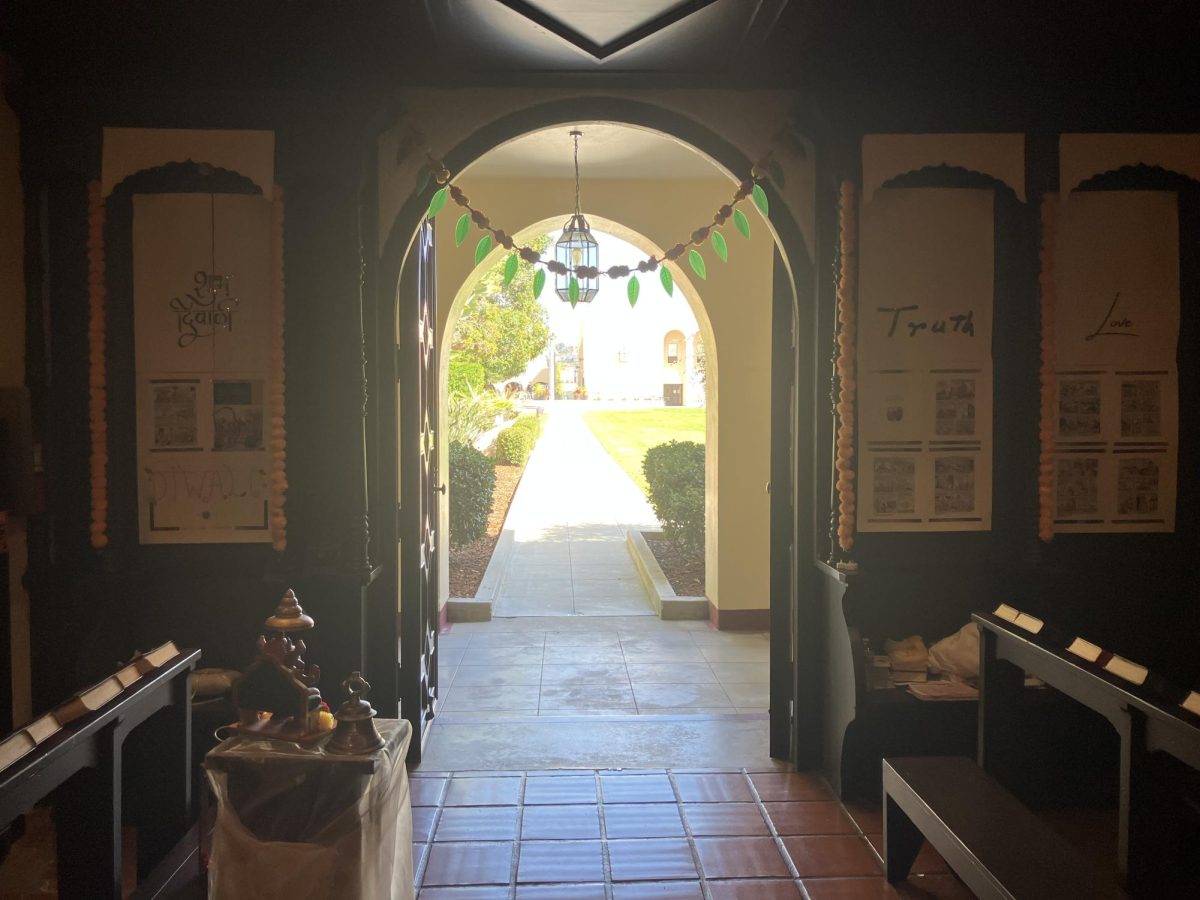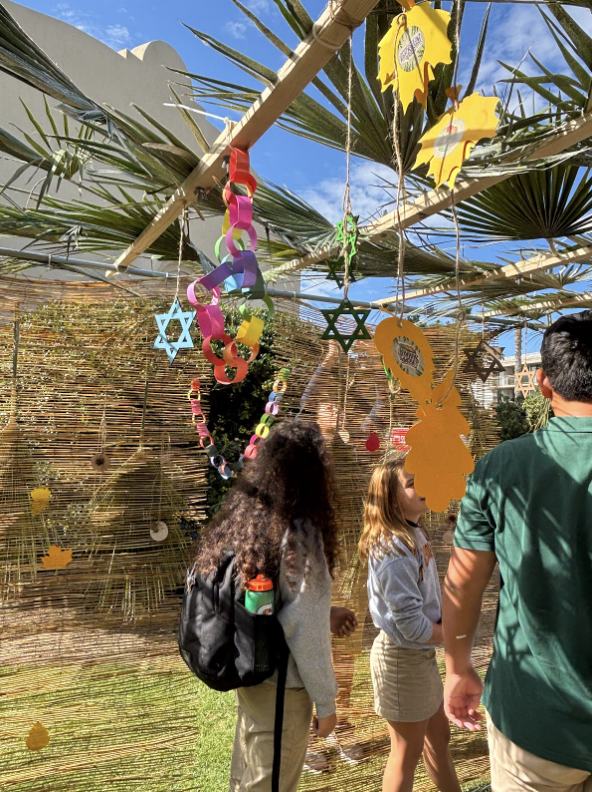Culminating months of election programming, students gathered to discuss the 2024 Election results in Manchester Board and Dining Room (MBDR) during lunch on November 7, 2024.
This was the first town hall of the school year and last of the scheduled programming from the Bishop’s faculty election committee; both middle school and high school students had the opportunity to discuss the outcomes of the election during their respective lunch periods.
“The idea around this election town hall is to create dialogue and discussion from a variety of different perspectives,” said Director of Diversity, Equity, Inclusion, and Justice Ms. Valissa Thomas in her opening remarks. However, students who attended the town hall had different perspectives on how effective the conversation was.
Students touched on several topics, including immigration policies and local propositions, such as Propositions G and E, which both detailed proposals for repaving San Diego roadways.
They also briefly reflected on what Trump’s win means for the future. The town hall began with students going around sharing one word that described how they felt. Emotions ranged from nervous to unsure. Honors United States Government and Politics student and senior Madeline “Maddy” Lane (‘25) shared how the election and future of women’s reproductive rights in certain states are affecting her college application process. Although California has protected the right to abortion, Maddy expressed concern about that right in her future home. “Am I going to go to a college for the next four years where it may not be that way?” she asked.
Sarah Balfour (‘28) said listening to upperclassmen talk about the election’s impact on their future choices was interesting. “Even though I am only 14, I also feel the weight of this decision and others of what life as a high school girl is going to look like in other places in the country,” she said.
Kaitlyn Kuo (‘28) also felt relieved when she heard many of her peers shared similar views on the election. “Of course, in the beginning everyone was a bit hesitant to voice their concerns regarding the election; however, it was nice to listen to people’s perspectives as everyone got more comfortable,” she said.
Though she wasn’t sure what to expect, Sydney Mafong (‘25) also thought the town hall went well. In some of her classes, she could feel the tensions regarding the “heated and polarizing election.” However, she said, “It was great to see how respectful the town hall was, and I liked that we had different perspectives on both national issues like immigration and local issues such as public transportation,” she said.
However, some students were left wanting more out of the discussion. Notably, the names of the 2024 Election candidates, Vice President Kamala Harris and Republican President-Elect Donald Trump, were barely mentioned in the town hall. Emotion cards, meant to help students express their reactions to the election, were left unused.
“I really like the idea of having a town hall, and I think that we should have more political discourse. However, in execution, I don’t think our conversation was fully representative of the election,” Maddy said. A majority of the conversation was focused on immigration policies. While a pertinent election topic, the emphasis left other topics, such as foreign policy and the economy, untouched. The conversation appeared to be more of a policy debate and less of a reflection on the election itself.
Jack Rudy (‘26) observed that everyone seemed engaged and passionate regardless of whether they spoke or not. However, the lack of numbers disappointed him. “I think it would’ve been much better if more people had actually showed up,” Jack said. Jack shared that, although he understood why his peers didn’t show up, as the election had “caused some strong feelings on both sides,” he was still frustrated with the turnout. “This would’ve been the perfect place for those people to engage in discussion with others and make their voices heard…it went well for what it was, but it could’ve been better if more of the community had been engaged,” he said.
Zachary Haubenstock (‘28) went into the town hall hoping to hear where Bishop’s students stood on the political election, as well as their thoughts on the election. He sought a more genuine forum for discussion compared to the mock presidential debate (where students held up cards as a way to communicate their opinion) and mock election (which was confidential). However, Zachary felt that many people were “timid and nervous about speaking in front of everyone, and the people who did speak probably didn’t say what they actually meant to say,” saying that he felt people were “sugar coating their thoughts.”
Zachary thought that the administrative presence, while necessary for moderation, could have contributed to this environment. Head of School Mr. Ron Kim and Dean of Students Ms. Michelle Shea were just some of the adults in the room. “Since there was administrative staff presence, I think students didn’t feel as comfortable sharing their opinions,” he said.
In response to these concerns, Ms. Thomas expressed appreciation for the students who participated in the town hall. “While some may have felt disappointed, I see this as an invaluable starting point for reflection and growth. Engagement in community discussions is a critical part of civic learning…Each voice and viewpoint shared helps us recognize the importance of creating spaces that encourage even greater participation and dialogue,” she said.
Regarding future town halls and discussions, Ms. Thomas remains optimistic. “I believe each town hall will strengthen our community’s understanding of the democratic process, encouraging thoughtful and respectful exchanges on topics that impact us all,” she said.








